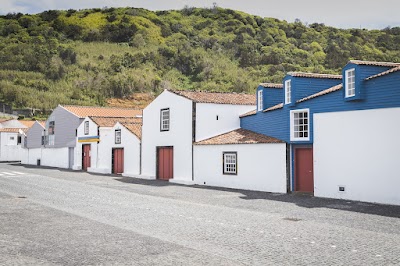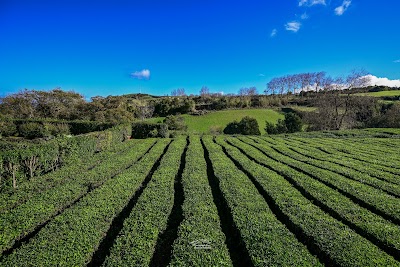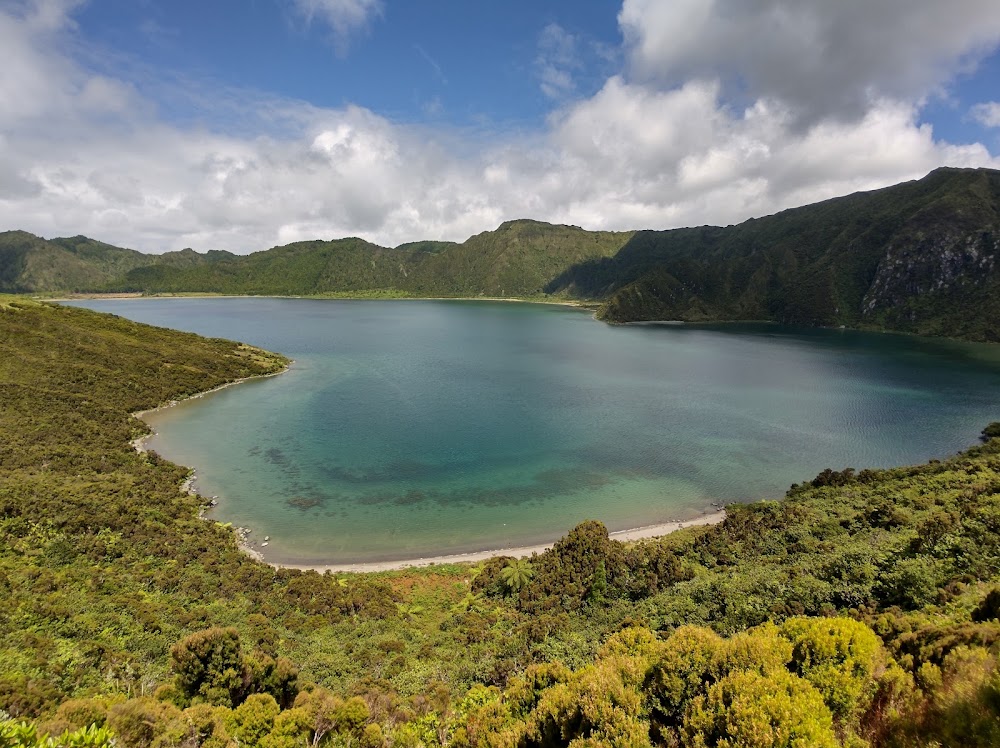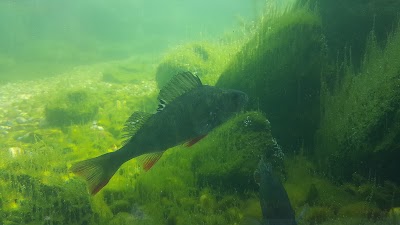Whaling Museum (Museu da Baleia)
Related Places
Overview
The Whaling Museum, situated in the stunning archipelago of the Açores, Portugal, invites visitors to explore the rich history and culture of whaling in this remarkable region. Nestled in the heart of Pico Island, this museum stands as a significant tribute to a centuries-old tradition that was pivotal to the economic and social landscape of the Açores.
The journey into the history of whaling here begins in the 18th century, when American whalers first ventured into these waters. The indigenous Azoreans quickly adapted to this new craft, refining techniques and establishing a thriving local industry. Housed in a historic whaling factory that dates back to the early 20th century, the museum offers a poignant glimpse into the past, with preserved machinery and equipment that recall the challenging and often dangerous nature of whaling, which continued until the worldwide ban on commercial whaling in 1984.
One of the museum's most captivating features is its extensive collection of artifacts, including harpoons, whaleboats, and even whale skeletal remains. These tangible remnants of history provide visitors with a deeper understanding of the physical and emotional challenges faced by those who braved the Atlantic Ocean. Interactive displays and detailed exhibits narrate the entire whaling process—from the moment a whale is spotted to the labor-intensive task of processing it for oil and other by-products.
Beyond historical insights, the Whaling Museum also emphasizes the ecological impacts of whaling through educational exhibits. Visitors can learn about the current status of whale populations and the global efforts to protect these majestic creatures. This focus serves as a powerful reminder of the importance of environmental stewardship and the need to safeguard marine life for future generations.
A unique aspect of the museum is its dedication to preserving the intangible cultural heritage of whaling. This is beautifully illustrated through oral histories and personal anecdotes from former whalers and their families. These narratives offer a vivid depiction of the camaraderie, courage, and occasional heartbreak that defined life within whaling communities. Additionally, the museum regularly hosts events and workshops related to maritime culture, allowing visitors to engage in traditional crafts and activities.
Strategically located near the coastline, the museum provides breathtaking views of the Atlantic Ocean, where numerous whaling expeditions once embarked. Visitors can enhance their experience by joining guided tours available in multiple languages. Knowledgeable guides, often locals with personal ties to the whaling industry, enrich the visitor experience with context and stories that bring the exhibits to life.
For those eager to delve deeper, the Whaling Museum is part of a broader network of maritime heritage sites throughout Pico Island. These include historic whaling stations and lookout points strategically placed along the coastline, creating a comprehensive trail that narrates the fascinating story of whaling in the Açores.
In summary, the Whaling Museum in the Açores is an essential destination for anyone interested in maritime history, ecology, and culture. It offers a balanced and respectful portrayal of an industry that significantly influenced the region while providing crucial insights into ongoing efforts to protect our oceans. Whether you are a history buff, an environmental enthusiast, or simply a curious traveler, the Whaling Museum guarantees a memorable and enlightening experience, deepening your appreciation for the rich tapestry of life in the Açores.





